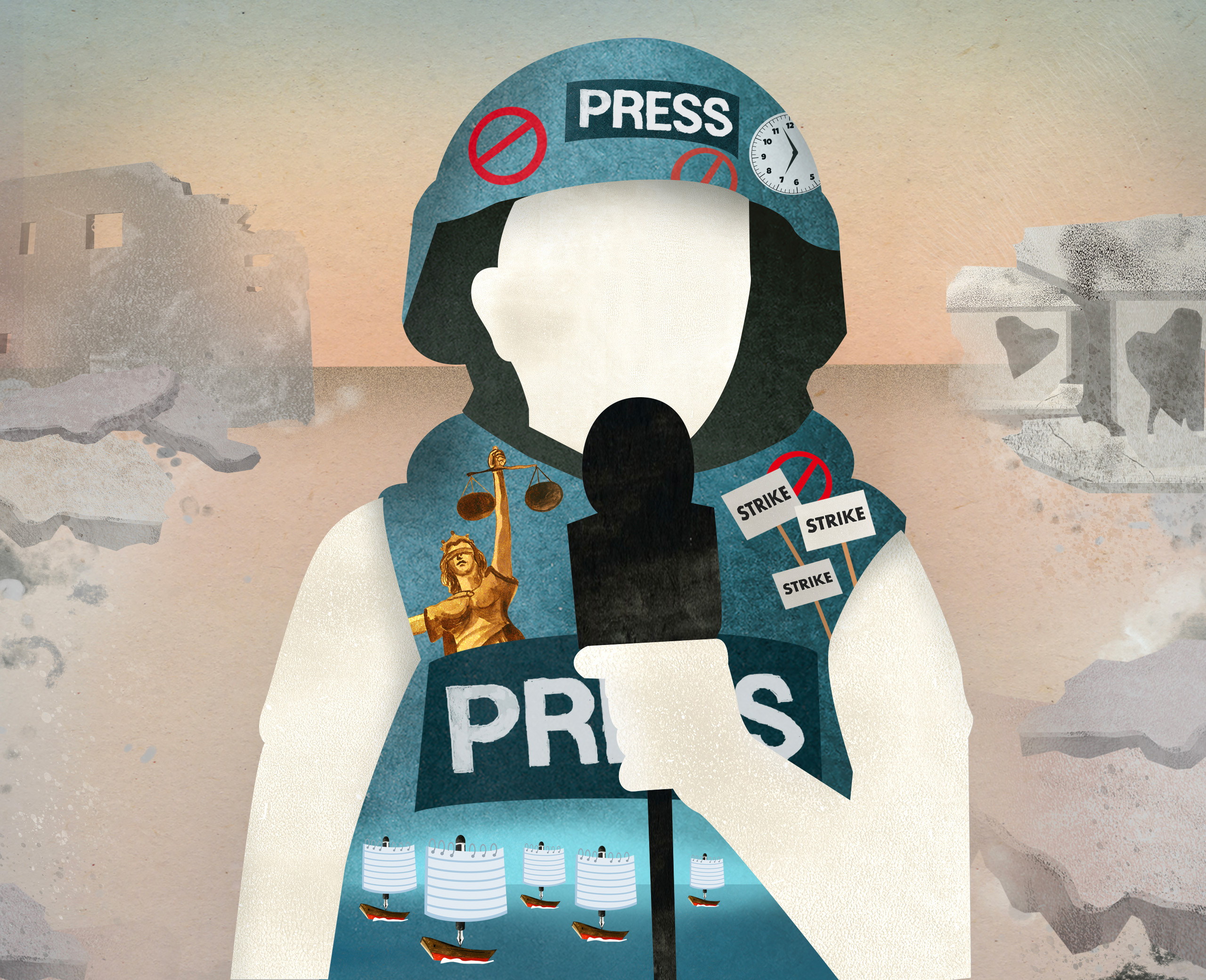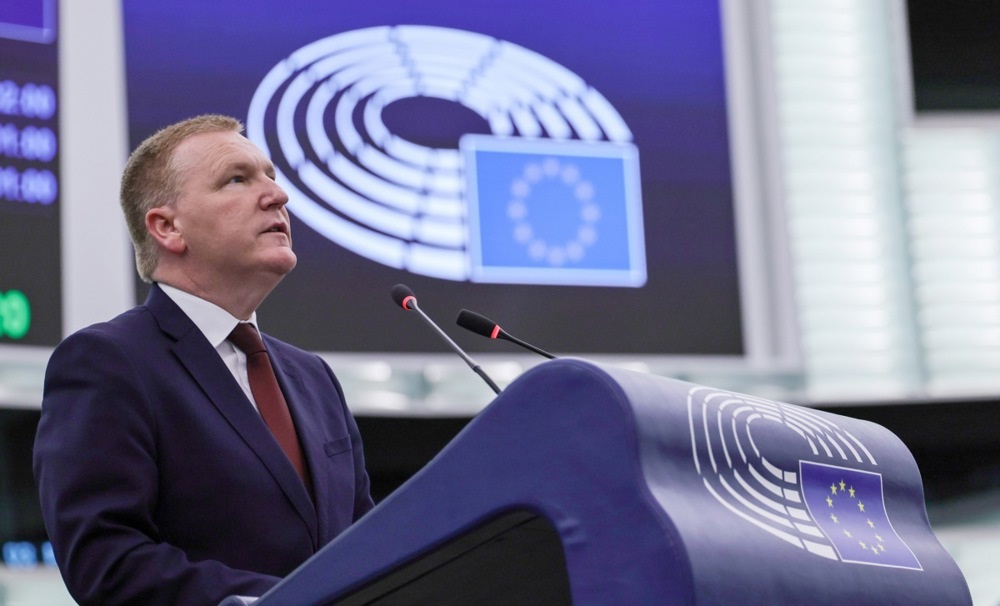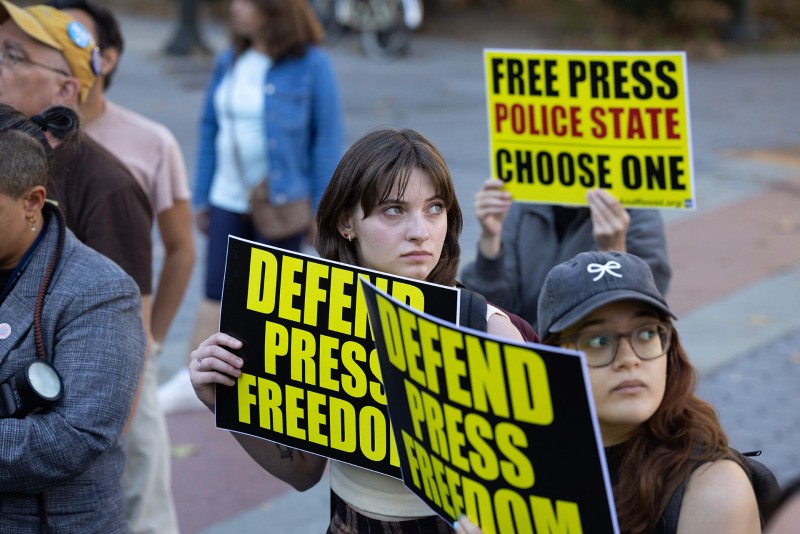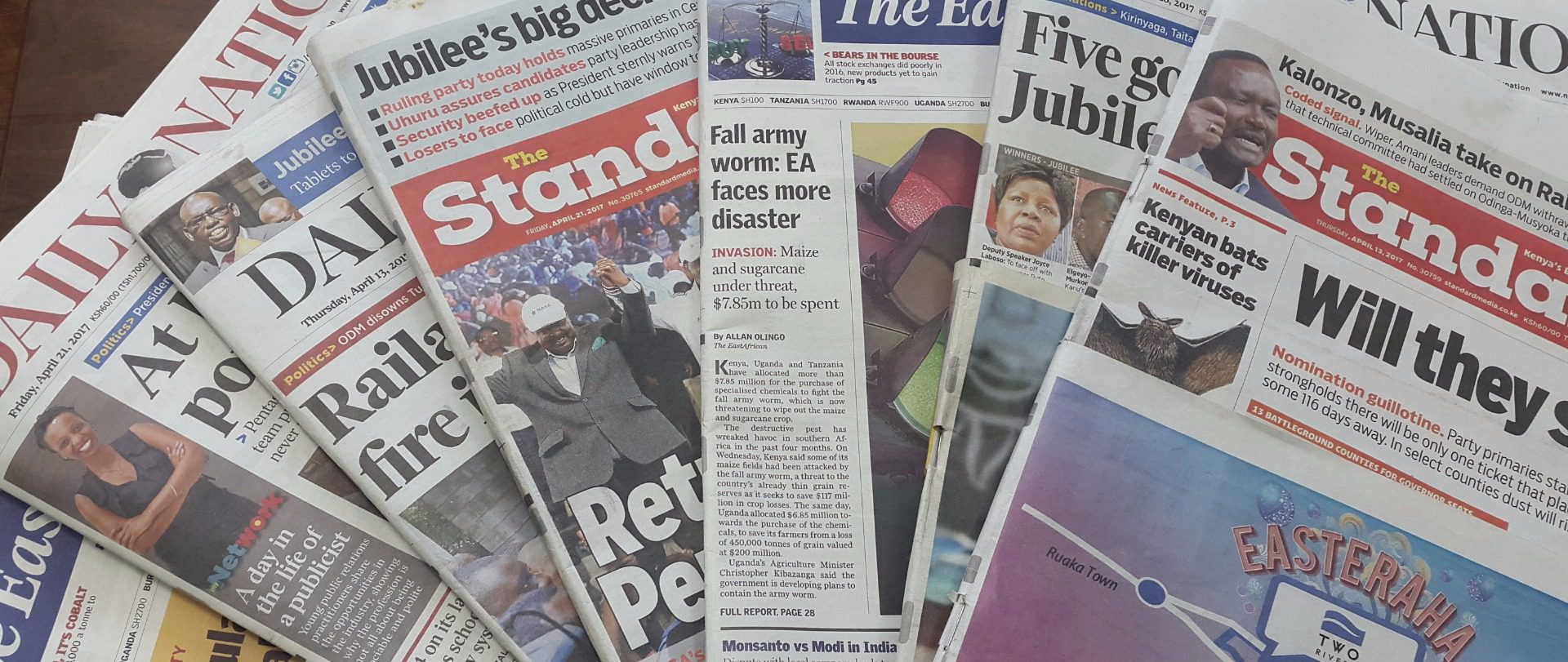
Ethiopian Journalists Abducted Amid Escalating Press Crackdown
August 17, 2025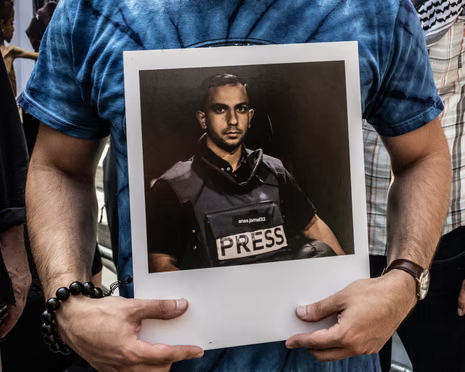
Gaza’s Journalists under Fire: Profession, Peril, and Perseverance
August 18, 2025August 18, 2025 – General –
The war in Gaza has become the deadliest conflict for journalists ever recorded, with more than 270 killed, most of them Palestinians. Despite repeated condemnations and legal efforts, traditional methods to protect journalists have proven ineffective. A recent initiative by the Columbia Journalism Review gathered media thinkers and press freedom advocates to propose urgent new approaches, arguing that symbolic protest, direct accountability, and institutional innovation are necessary to confront Israel’s ongoing suppression of independent reporting. The proposals stress that journalists and media organizations must move beyond passive statements and adopt more disruptive strategies to force global attention. Among the ideas raised are newsroom-wide media strikes, where newspapers and broadcasters could suspend normal programming to display stark messages about the killings and the denial of access to Gaza, making silence impossible to ignore. Another suggestion calls for mandatory disclaimers in reporting, explicitly stating that Israel is barring foreign journalists and citing the number of media workers killed. Others advocate for boycotting official Israeli spokespersons until unrestricted access is granted, thereby refusing to legitimize one-sided narratives. Calls were also made for sanctions against Israeli officials responsible for targeting journalists, modeled on measures taken after Jamal Khashoggi’s murder, and for global memorialization of Gaza journalists’ work through re-publications and digital archives. Such measures would preserve their contributions and spotlight their erasure. The creation of an international media watchdog was also proposed, a body that could name and shame newsrooms complicit in propaganda or negligence, while rewarding outlets that uphold transparency and accountability. These bold strategies are designed not just to honor the journalists already killed, but to prevent further silencing of those who continue to report under deadly conditions. The authors stress that defending press freedom in Gaza is not only a regional concern but a global imperative, as it sets a precedent for how governments can treat the press in wartime. Without new forms of resistance, the targeting of journalists will continue with impunity, and the world will remain in the dark about atrocities committed on the ground.
Reference –

